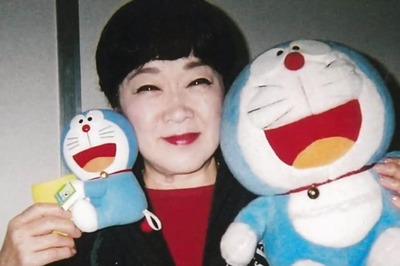
views
MELBOURNE: Indigenous Australian groups want an independent arbiter to oversee decisions about whether Aboriginal cultural heritage sites can be destroyed for mining, an inquiry into Rio Tinto Ltd’s destruction of sacred caves heard on Friday.
The country’s federal government is looking into how the destruction of a historically significant, 46,000 year old rockshelter was legally allowed to occur, to figure out how to avoid incidents in the future.
Aboriginal groups said that a key change would be to no longer give the government the final decision on applications to impact ancient sites because it was also reliant on income from mining companies through royalties.
Instead, they suggested that an ombudsman or independent regulator should make the decision and have wider oversight of agreements between the parties.
“If the minister has total discretion…and considers the royalty payments to the state more important than the cultural heritage, he can simply ignore new evidence against the wishes of the traditional owners,” said Marcia Langton, a professor of Indigenous studies at the University of Melbourne who is also an Aboriginal.
Large iron ore miners such as BHP Group and Fortescue have said in written submissions that the state should be the final decision maker.
The Western Australian state government is overhauling its cultural heritage laws with a draft of new regulation due to be released in coming weeks.
“State Government Ministers regularly act to manage competing interests and to determine outcomes that are in the best interests of the State,” a government spokeswoman said.
A body representing Australia’s pension funds whose members hold around 11% of Rio’s Australian shares said that the miner had not gone far enough by trimming the bonuses of three senior executives.
“We would expect the board to demonstrate the seriousness of what has occurred by taking accountability further than just a financial penalty,” said Louise Davidson of the Australian Council of Superannuation Investors at the inquiry.
Glynn Cochrane, a former senior advisor to Rio, told the inquiry that he was concerned Rio did not account for a 2016 decision by Chief Executive Officer Jean-Sebastien Jacques to
shift Indigenous community relations to corporate relations, from mine operations.
Rio did not immediately commment on the 2016 change.
Disclaimer: This post has been auto-published from an agency feed without any modifications to the text and has not been reviewed by an editor

















Comments
0 comment